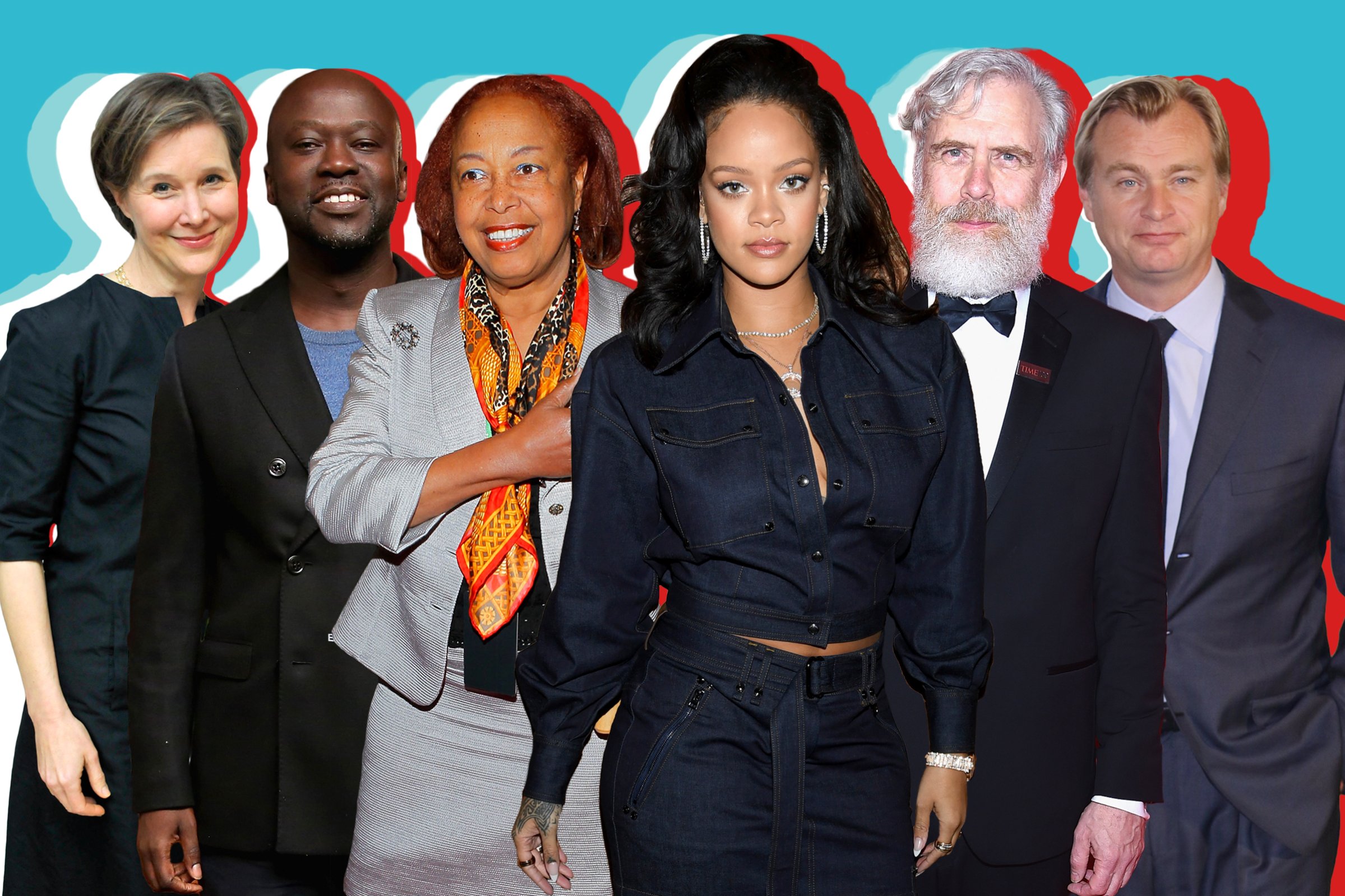
As part of our annual Genius Issue, Time asked six modern-day innovators to write on who they think is the greatest genius of all time. Here’s what they said.
Rihanna on Michael Jordan
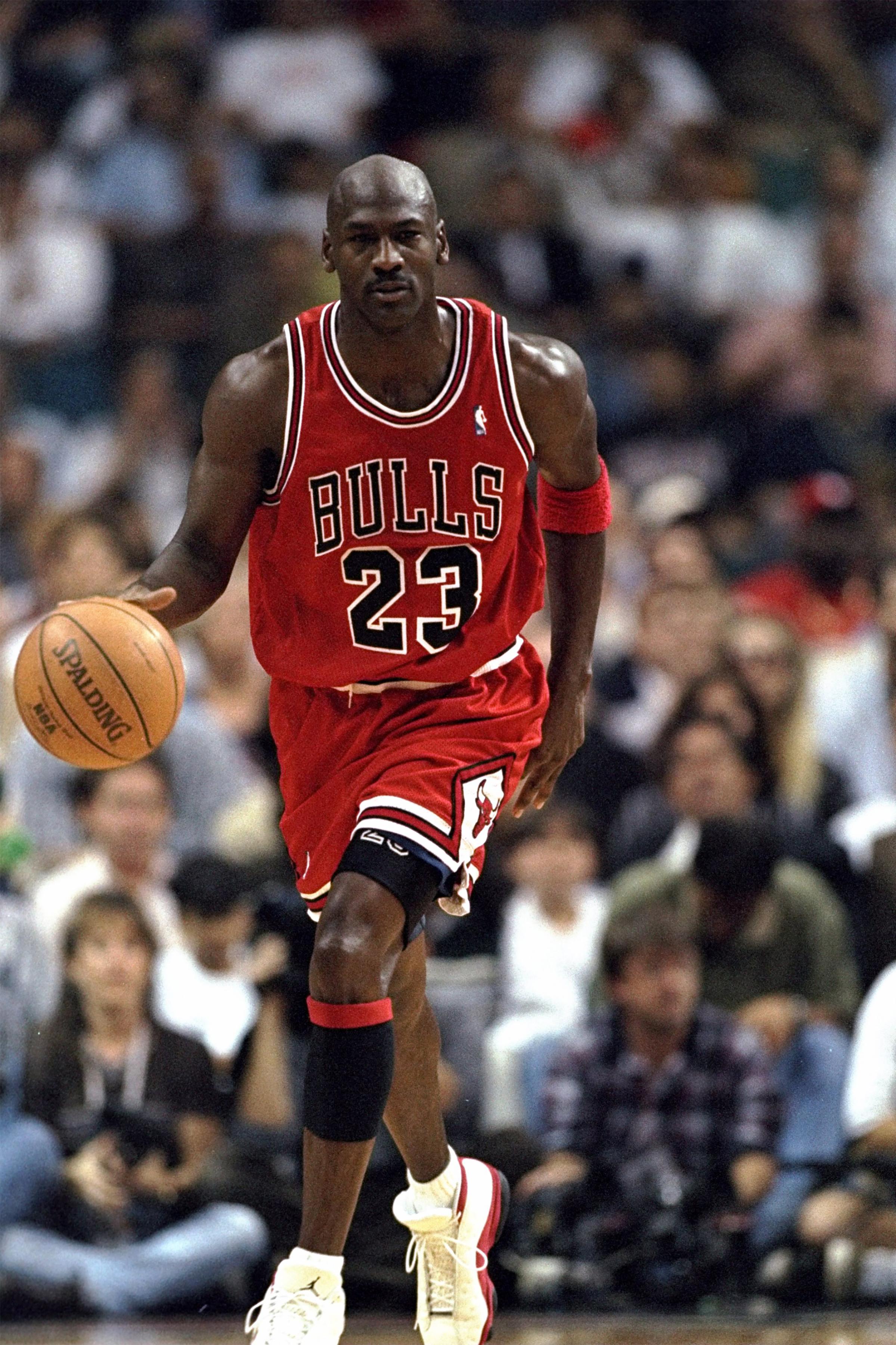
Michael Jordan is a legend himself, and what he’s been able to accomplish in his sports career is outstanding. But the way he’s transformed that into a timeless brand that stands on its own and will live on forever without ever getting old—that’s genius.
Rihanna is an award-winning singer, fashion designer and entrepreneur
David Adjaye on Max Bond
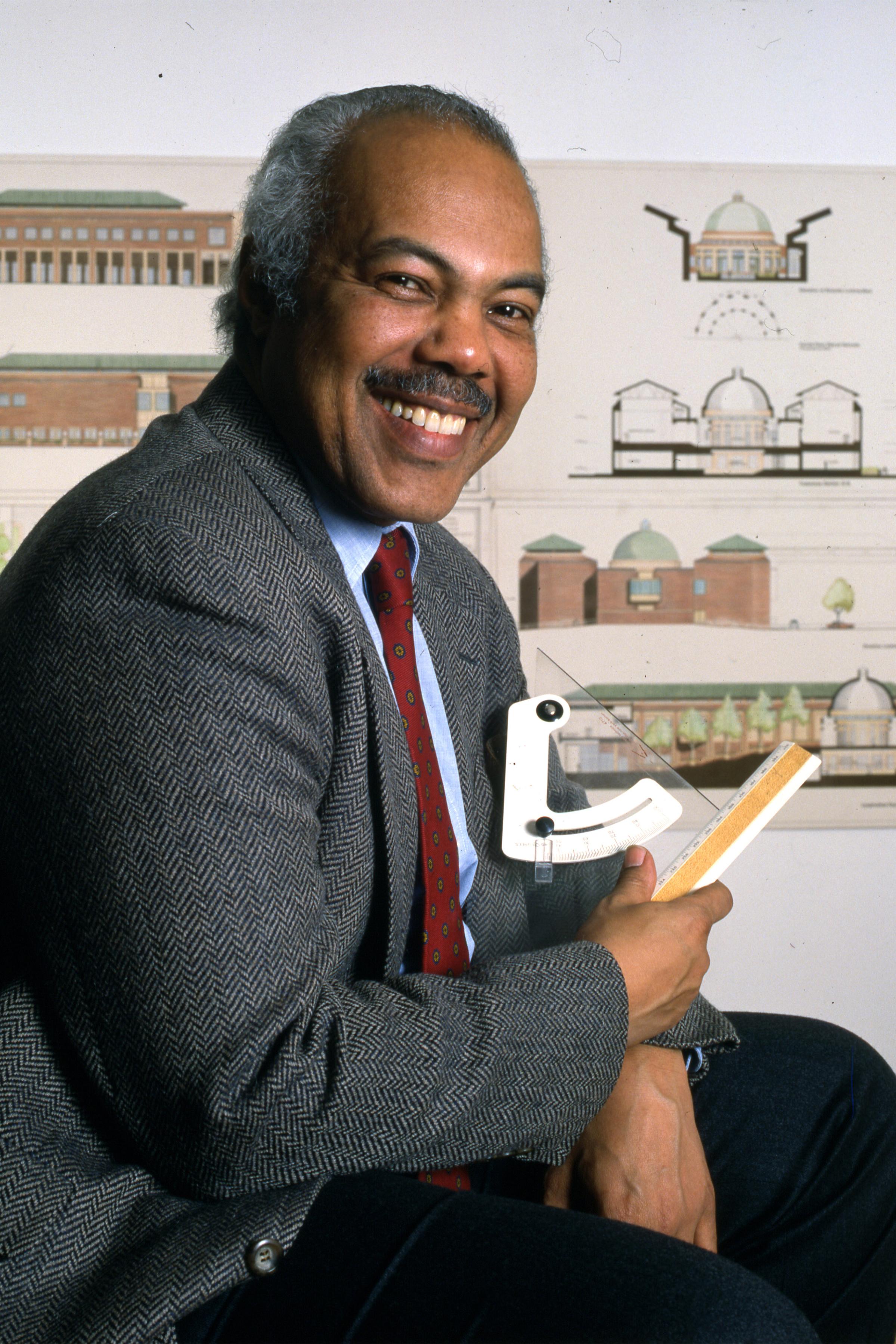
It’s no overstatement to call Max Bond the most influential African-American architect of his generation. I had long admired him for his success and dedication, and the breadth of his work across Europe, West Africa and the U.S. allowed me to imagine possibilities for my own career. But it was when we collaborated—during the last months of his life, on the competition for the National Museum of African American History and Culture (NMAAHC)—that I came to understand his true genius: the instinct for the empowering capacity of the built environment.
Whether as educator, designer or planner, Max had an ability to build net- works and embrace communities. This unflinching drive to challenge marginalization is visible across his work. He was an architect of stories, rendering museums and housing equally with his sense of empathy. Given the very real constraints of the architectural industry, the mere fact of his success was remarkable. But his commitment to broadening the conversation around architecture and urban design to include
issues of inequality was nothing short of revolutionary.
Adjaye is an award-winning architect
Patricia E. Bath on Marie Curie
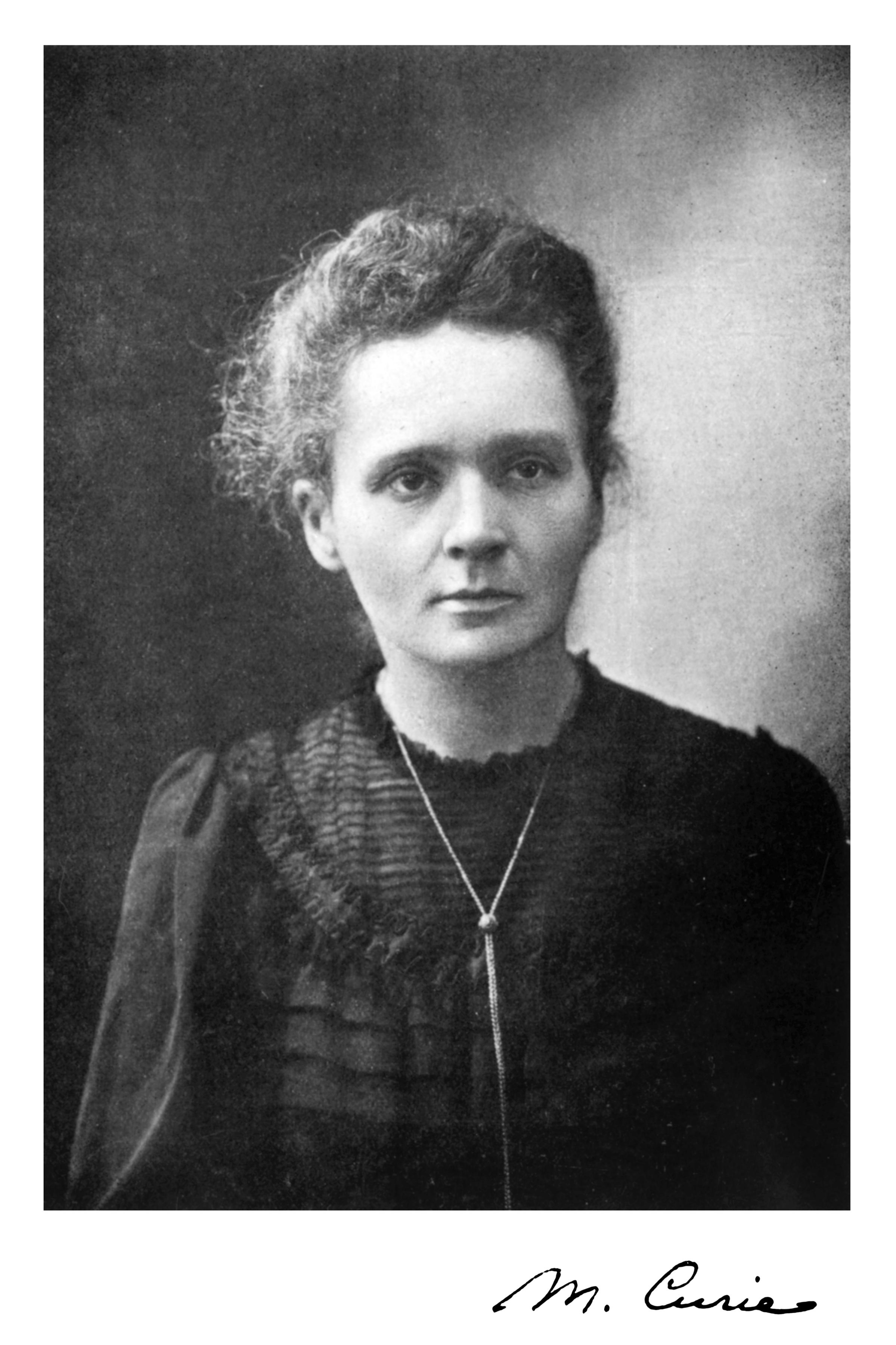
Madame Curie is best known as the first woman to win a Nobel Prize. But I prefer to recognize Dr. Curie’s genius rather than her gender. In 1903, Curie and her husband Pierre won a Nobel Prize in Physics (alongside Henri Becquerel) for researching “invisible” atomic properties that appeared to challenge the laws of thermodynamics and led Curie to coin the term radioactive. In 1911, five years after the death of her husband, Curie won a second Nobel Prize, this time for discovering the elements radium and polonium and opening the door to the age of nuclear chemistry. Her research paved the way for brachytherapy, or using internal radiation to treat cancer.
But Curie was more than a brilliant scientist. She was a passionate wife and mother to Irène Joliot-Curie, who herself won a Nobel Prize in Chemistry in 1935, and an educator whose students include Marguerite Perey, who discovered the element francium. Curie was a STEM role model and feminist champion before society even knew it needed gender equity in the halcyon halls of science.
Bath, an ophthalmologist, is the first female African- American doctor to receive a medical patent
George Church on Carl Bosch
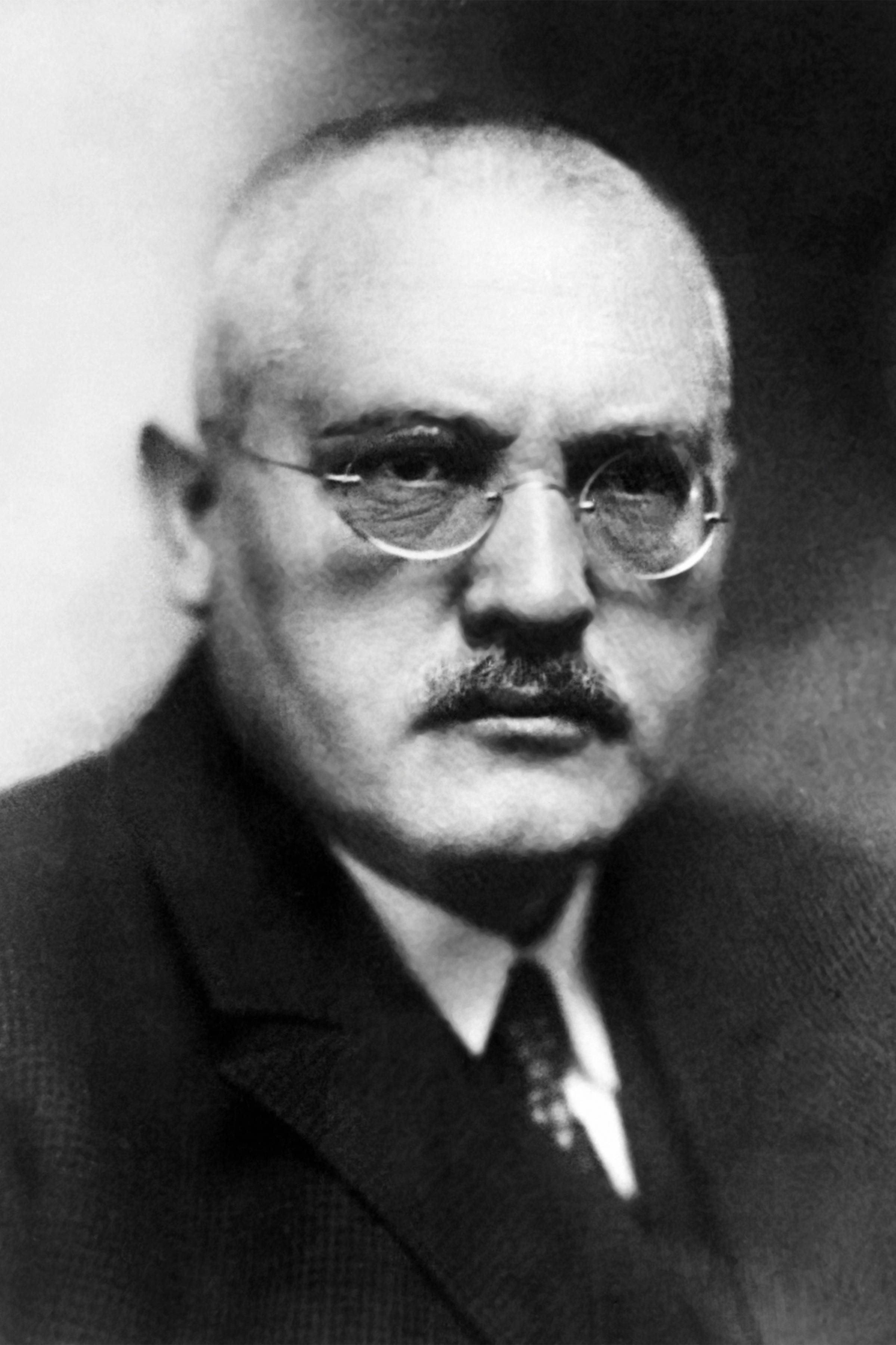
The term genius is often reserved for freakish insights into fundamentals of nature. But what about an event unique in the history of our species? After many great chemists failed to find a practical process to convert nitrogen gas into ammonia for fertilizer, Carl Bosch managed. This may not seem like the romantic, flash-of-pure-thought type of genius, but it revolutionized the way humans grow food. In large part because of Bosch, our species surpassed 1.8 billion people in 1913 before rising to 7.5 billion today. And once we had sufficient crops, we were able to have more wealth and less violence per capita, and start distributing knowledge on a wider scale.
Church, a geneticist, helped pioneer the gene-editing technology CRISPR
Christopher Nolan on David Hockney
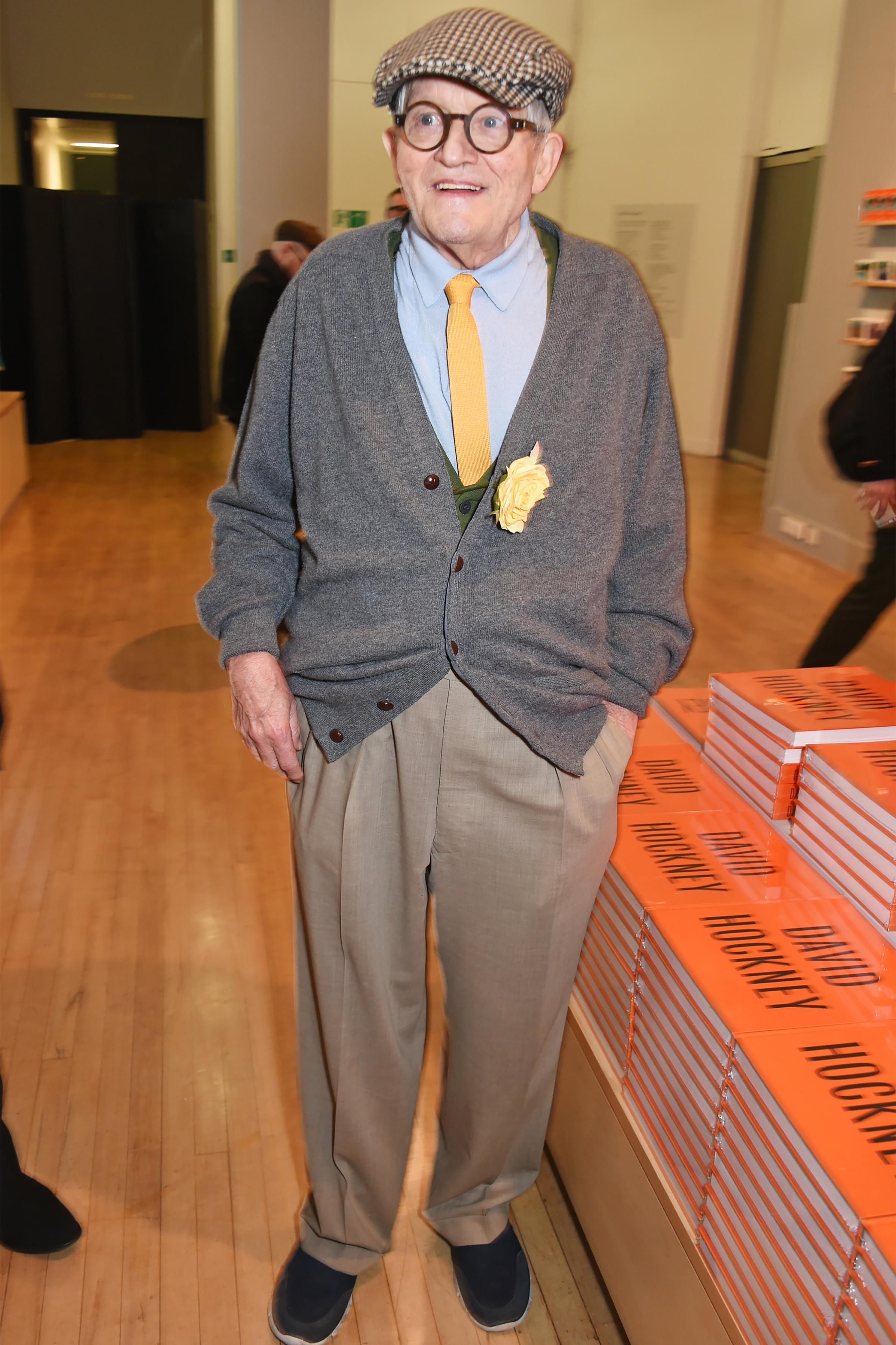
Hockney’s art assures his place in the history of imagemaking, but I believe he will be remembered at least as much for changing the way we view that history. Sixteen years ago, his paradigm-shifting book Secret Knowledge presented his rediscovery of the use of optics in painting, and his continuing research and experiments show us that however much we have convinced ourselves that we see the world as a camera does, we do not. We visualize our world in terms of fixed perspective because of the dominance of photography (a dominance that he reveals began hundreds of years earlier than we had thought). Like a character in a science-fiction story granted special insight, he has broken free from our camera-derived prejudice to offer the truth: the development of images throughout history is not a progression from the naive to the sophisticated, but a series of creative choices based within the imaging paradigms of each era. Not only is Hockney altering the lens through which we view history, he is also forcing us to confront the truth that we view history through such a lens in the first place.
Nolan is an acclaimed director
Ann Patchett on Jane Goodall
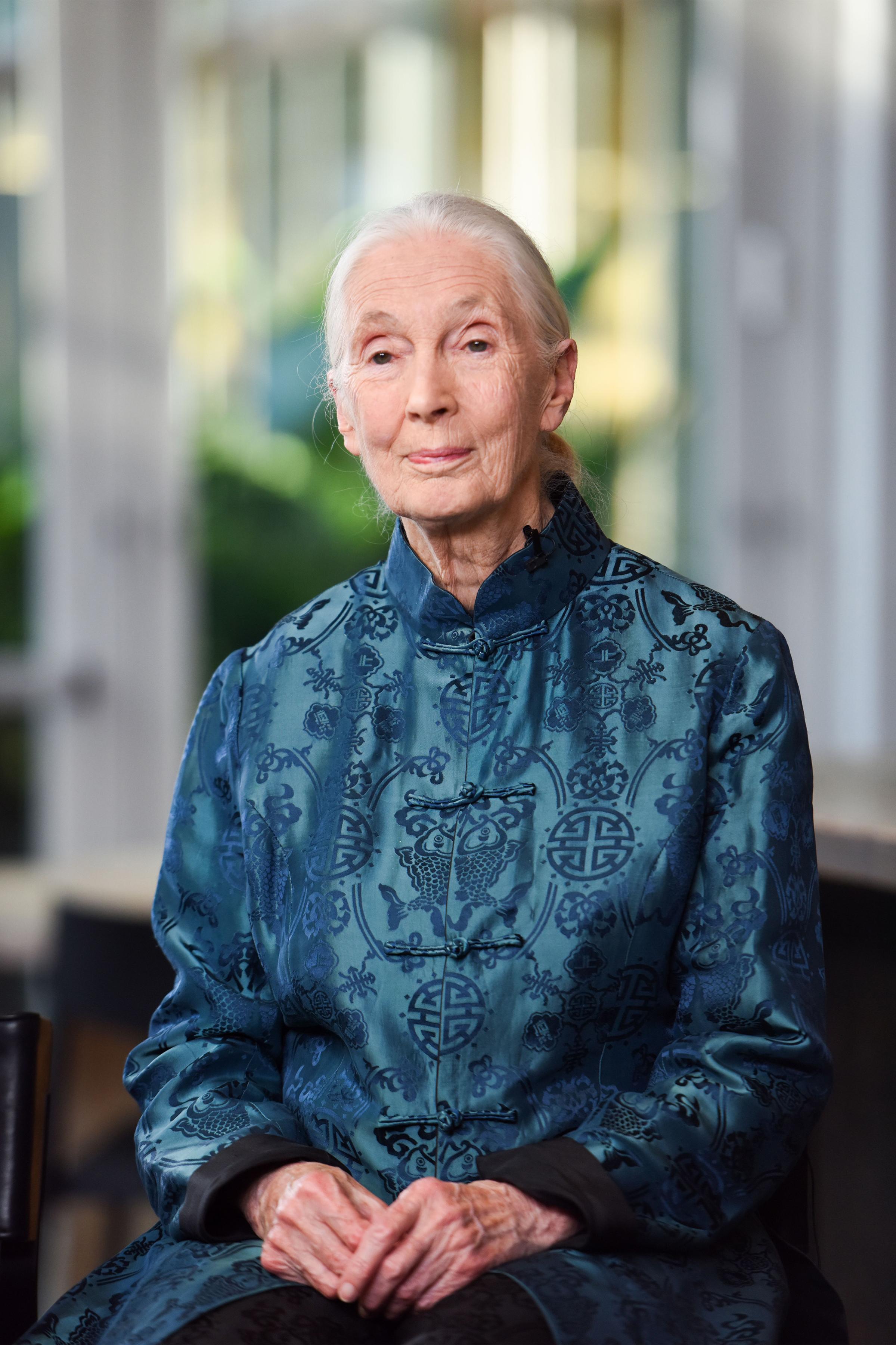
What if genius is knowing the thing you are meant to do in life, and then doing it without regard for the time it will take? When Jane Goodall was a child in England, she knew she was meant for animals, for Africa. She traveled to Kenya, met famed anthropologist Louis Leakey and was soon chosen to study the chimpanzees in Gombe. Without a university education, or fear, she headed into the jungle with a notebook, sat atop a grassy knoll or climbed a tree, and waited.
Genius built on the ability to wait seems particularly female: curiosity dovetailed with patience. The chimps had rarely been studied long term in the wild; she gave them her limitless attention. Much of her early work was filmed, and when we see the chimpanzees finally go to her with their own shy curiosity, it feels as if the walls between the wild and the tamed have fallen.
Having raised awareness to the essential task of conservation, the woman patient enough to be accepted by wild chimpanzees has now turned her gaze to the planet. If anyone could save us, it would be her.
Patchett is a best-selling author, most recently of Commonwealth
More Must-Reads From TIME
- The 100 Most Influential People of 2024
- Coco Gauff Is Playing for Herself Now
- Scenes From Pro-Palestinian Encampments Across U.S. Universities
- 6 Compliments That Land Every Time
- If You're Dating Right Now , You're Brave: Column
- The AI That Could Heal a Divided Internet
- Fallout Is a Brilliant Model for the Future of Video Game Adaptations
- Want Weekly Recs on What to Watch, Read, and More? Sign Up for Worth Your Time
Contact us at letters@time.com